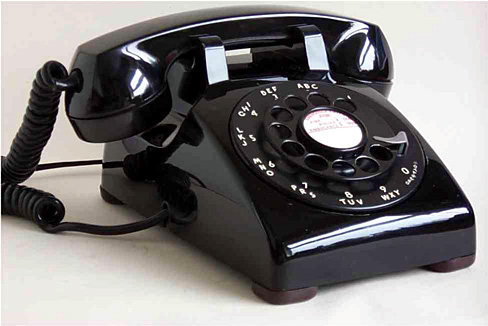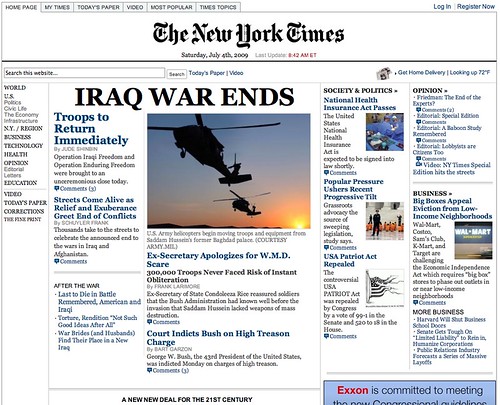Today, people get information in new ways. The internet is now the global source of information. From news to research to videos, information is not only limited to text in the internet. Media consumption habits have changed. Anything that has been transformed is now what we call Old Media. A sample listing of Old Media transformed into New Media is as follows:





The telephone now evolved into cellphones. Not only are they portable devices but they are also capable of sending messages via texting. In contrary to times when the telephone can only be used at home, we can bring cellphones everywhere and we can be reached anytime where there is service from telephone service providers. We can now also access the internet using our cellphones. And now for cheaper rates for calls and text messaging, the Voice Over Internet Protocol service is now available. It means you can call and text as long as you are connected to the internet.



Every morning, hard copies of newspapers are delivered to our home. However, besides watching the television, news can now be obtained from various websites. And not only they are exact articles written on the physical newspaper, articles posted on the website are updated every hour so we could get live important news that the public needs to know.



Physical holdings of books are traditionally what students follow. But now, e-books (the digital version of the physical book) are available for downloads from publishers' websites at costs lower than the hard copies. E-book readers are now the devices used to read electronic books. They are portable and convenient because you can access the specific chapters of the book you need to read instead of bringing the whole book with all the chapters.

